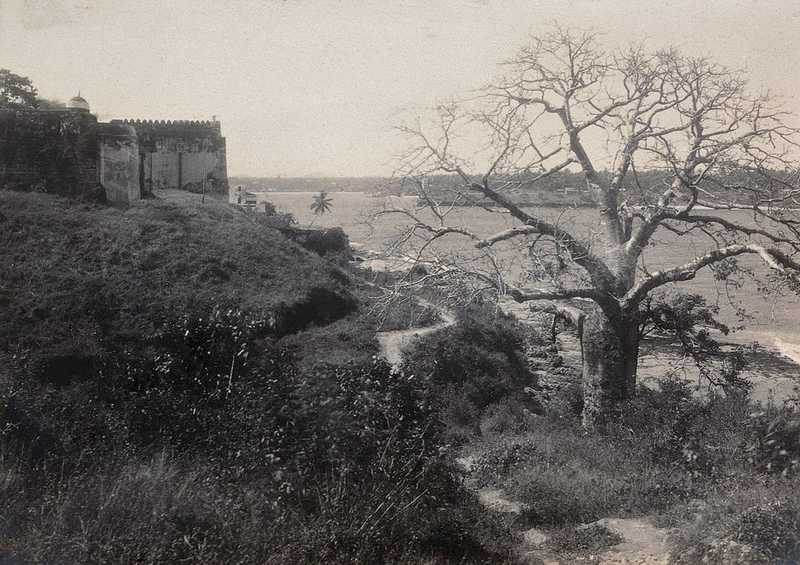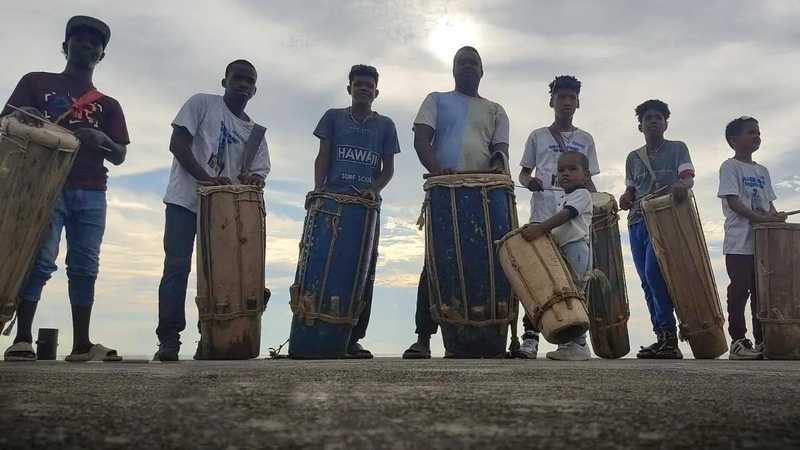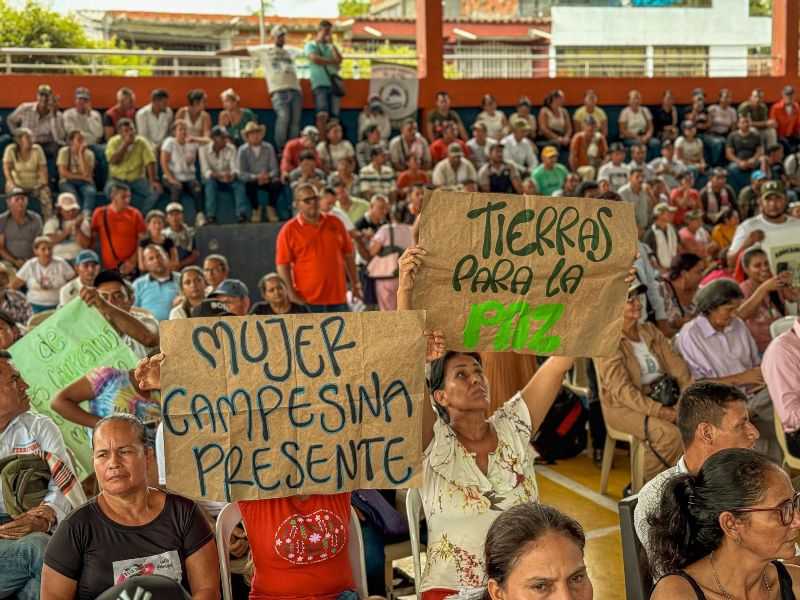
Two years have gone by since we last saw Mzee Joshua Mwakesi Mwalilika. He hasn’t changed a bit. His birth certificate says he was born in 1923. This means that Mzee Mwalilika is just two years shy of a hundred. He says that the birth certificate is wrong, that he was actually born in 1921. Mzee Mwalilika is from Taita, of the Wakasighau, a people who were uprooted from their native Kasighau region and exiled by the British to Malindi where they languished for over twenty years.
It all started in August 1915, at a time when Kenya was under British colonial rule and neighbouring Tanzania, then Tanganyika, was under the Germans. World War I had begun and, being so close to the border with Tanganyika, Kasighau was bound to suffer the effects of the war. When the Germans attacked the British, the British took revenge on the local African populations.
“All the houses were torched in the entire Kasighau on August 11th 1915. From Kigongwe, Makwasinyi, Jora, Kiteghe, Bungule, and Rukanga,” recalls Mzee Mwalilika. It was the handiwork of the British; they were on a punitive expedition against the Wakasighau whom the British suspected of having betrayed them to the Germans. A few days prior, the Germans had carried out a night raid on the British garrison at Kasighau, committing a massacre. This was eight years before Mzee Mwalilika was born.
One version of the events is that after the attack, the Germans wrote a letter to the British claiming that the locals had voluntarily betrayed them, which prompted the British to retaliate. At Rukanga Village in Kasighau, retired teacher Jonathan Mshiri, now aged 71, says that local accounts of the events tell of two individuals from the area who unknowingly directed some Germans who were on a spying mission to where the British had set up camp.
“Two people were harvesting honey in the bush and the soldiers came and interrogated them and said, ‘Can you show us where the wazungu are?’” says Mwalimu Mshiri. “They used the term wazungu not British, so Kinona and Mwashutu thought that these white people were just friends of fellow white people. They did not know that these were Germans.” The Germans laid waste to the British garrison at Jora in Kasighau and 38 British soldiers, including their captain, were taken captive by the Germans. This enraged the British so much that they decided to exile the entire Kasighau community.
For the Kasighau people, the British chose Malindi. After torching all the houses in the five villages, they rounded up all the people and gathered them at a place that was central to all the villages. “The British chose these open grounds because it gave them a view of Tanganyika where the Germans had come from,” explains Ezra Mdamu, a descendant of the survivors. “They also hoped that some of the villagers would have a better chance of pointing out exactly where the Germans had headed to. The people were also subjected to torture to extract information from them.”
The Wakasighau were then forced to march to Maungu Township, some 35 kilometres by today’s roads. From Maungu to the border at Holili is 144 kilometres using today’s road network, if indeed the German attackers had come through Holili.
At Maungu, the captives were herded into train wagons and taken to Malindi where the British had prepared the ground by forewarning the Giriama that the Wakasighau were cannibals. “What the new hosts did was put poison in the water holes, and this led to many deaths amongst our people,” Mwalimu Mshiri explains.
Macharia Munene, professor of History and International Affairs at the United States International University, says that using exile as punishment summarizes the colonial policy of subjugation and dispossession of local peoples.
“Most of these people who were deported were individuals, people trying to challenge colonial authority,” he says, “but colonialists also deported groups of people, often to hostile, undesirable places.”
Return to Kasighau
The plight of the Kasighau in their new land did not go unnoticed, and various parties, including church organizations, brought pressure to bear on the colonialists to review their position. But it was not until 1936 that the Kasighau people were allowed to return home, only to find most of their land gone.
“All the land around Kasighau Hill was termed as hunting blocks where the British people could hunt. The block here was called ‘66A’, the Kasighau people were only confined to a 10km² block around the hill called ‘Trust Land’. The rest of the land was called ‘Crown Land,’” says Mwalimu Mshiri.
After independence in 1963, Crown Land became State Land and some of the remaining land was handed over to ex-WWII British colonial soldiers. The people of Kasighau were not represented at the time and the remaining land was subdivided into ranches that today surround the 10km² settlement area. It is within some of these ranches that mineral deposits and precious stones are found, and there are frequent tussles between the youth, miners and investors.
According to a report titled The Taita Taveta County Integrated Development Plan 2013-2017, only 35 per cent of all landowners possess title deeds. The report says that land adjudication was ongoing to ensure that all landowners possess title deeds. The 2019 census puts the population of Taita Taveta at 340,671. Kasighau Ward alone is home to 13,000 people. The majority say they do not have title deeds.
No land, more problems
In February 2019, a group of young men from Kasighau descended on a disputed mine inside Kasighau Ranch. Around the mining area are mounds of earth and makeshift tents. People selling foodstuffs have followed in the wake of the miners. Those mining say they are simply going for what they believe belongs to them. They do not have the heavy equipment needed for serious mining operations such as earthmovers or elaborate underground mining shafts. They are artisanal miners who rely on simple tools such as hoes, spades and mattocks.
“When we young people saw that we did not have leaders serious about championing our rights, we decided to have our own revolution,” says Elijah Mademu, a youth leader. “We decided to redeem our lost lands, lands rich in mineral resources. There are about 500 young men and women eking out a living from these minerals.
According to retired Kasighau Location chief Pascal Kizaka, the occupation of the mine can be attributed to population pressure and young people running out of options. “Every economic activity starts with land. Without land, you are like that person who is given water but cannot drink it,” he says.
Prof. Macharia says land ownership remains a significant cause of conflict across much of Kenya where land issues remain unresolved. “The government, particularly the area MP and area governor, because they have power, they should raise the issue and say, these are our people, so process their [land] titles.”
However, Taita Taveta Lands County Executive Committee member Mwandawiro Mghanga disputes the assertion that the county or the leadership at the local level are fully able to resolve the issue of title deeds, arguing that land and natural resources adjudication have not been fully devolved.
“It is true in this matter there are injustices, but on title deed issues even the entire Taita Taveta County has the same problem. In Kasighau the plan is to let them get the title deeds alongside the rest of the county”, he says.
“Of course there are six ranches, agriculturally-driven ranches (ADR’s) and there’s Kasighau Ranch which is very large. . . . There should not be a drive motivated by the capitalist system to grab ranches. What needs to be done is that everyone who needs a title for land to settle should have access to it.”
Land alone might not be the only thorny issue. Chief Kizaka laments that throughout his time living and working in the area, local Kasighau people have noticeably been lagging behind even in education matters. For instance, a 2013 report on inequalities compared Kasighau Ward to neighbouring Mbololo ward and found that only 8 per cent of Kasighau residents have a secondary education or above. A Kenya National Bureau of Statistics report titled Exploring Kenya’s Inequality: Pulling Apart or Pooling Together? shows Kasighau’s literacy rates to be four times less than Mbololo’s 32 per cent of the population who have gone beyond secondary school education.
“By independence time, we had only three primary schools, in Bungule, Rukanga and Mwakwasinyi. Illiteracy was very high. You can imagine, illiterate parents producing illiterate children,” bemoans Chief Kizaka. “There is no movement. The number of locals in school is very low. Compared to many parts of the country where locals are the majority, here we do not dominate.”
Today, Mwalimu Jonathan Mshiri says the thought of squeezing almost his entire descendants onto 15 acres of land troubles him daily. He knows too well that already the 13,000 Kasighau residents, whose numbers are increasing, are also facing the difficulty of having to make do with 10 square kilometres of land.
“We are the Kasighau people, we belong to this mountain and the surroundings, why are we not being given the priority?” he asks.
It is 6 p.m. and as the sun sets in the west, in the direction of Tanzania, it casts a golden glow on the Kasighau massif, but the dark despair of the Wakasighau remains.
Mark Namaswa (@mark_namaswa) and Maura Ndamu (@M_ndamu) are multimedia journalists based in Nairobi.







